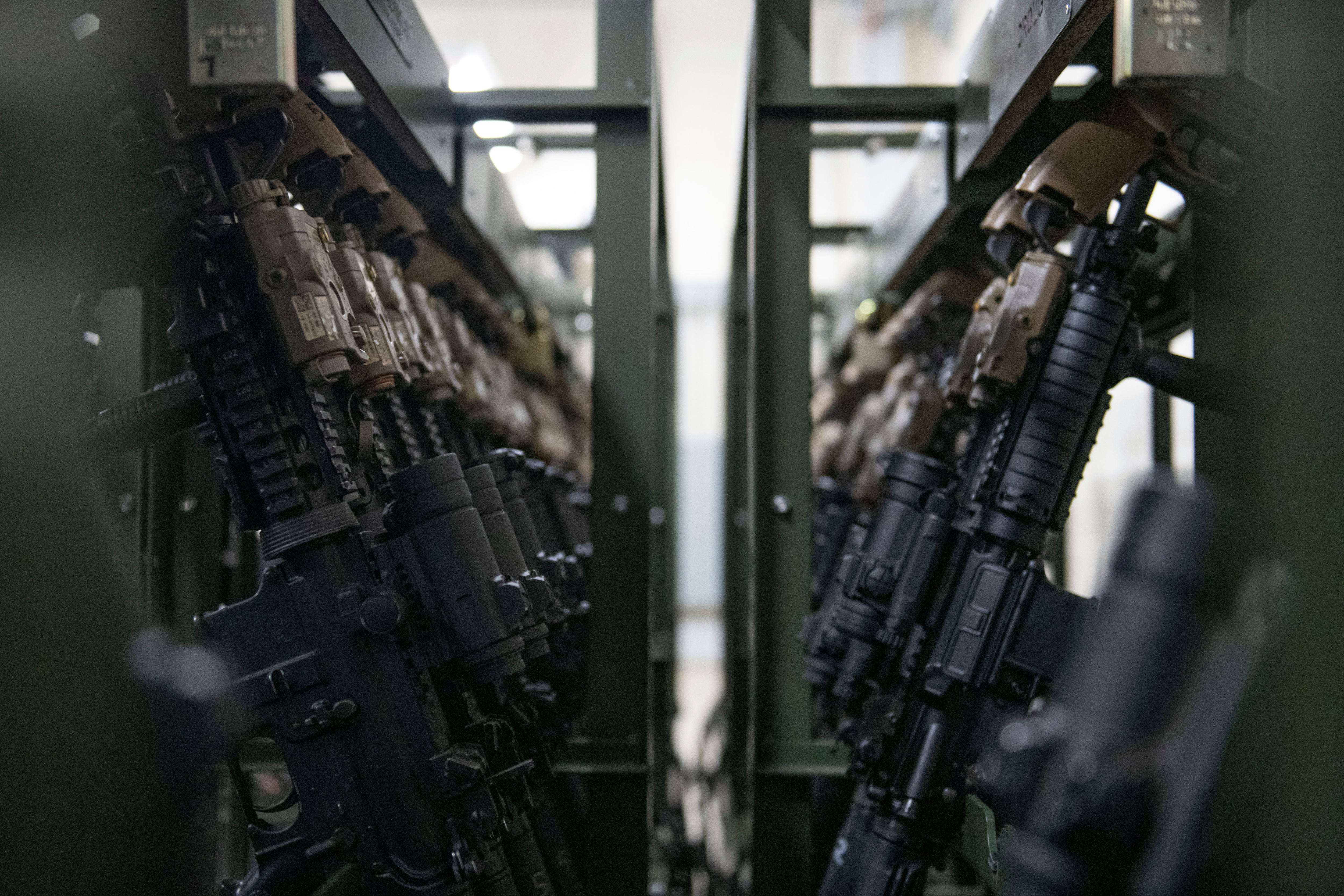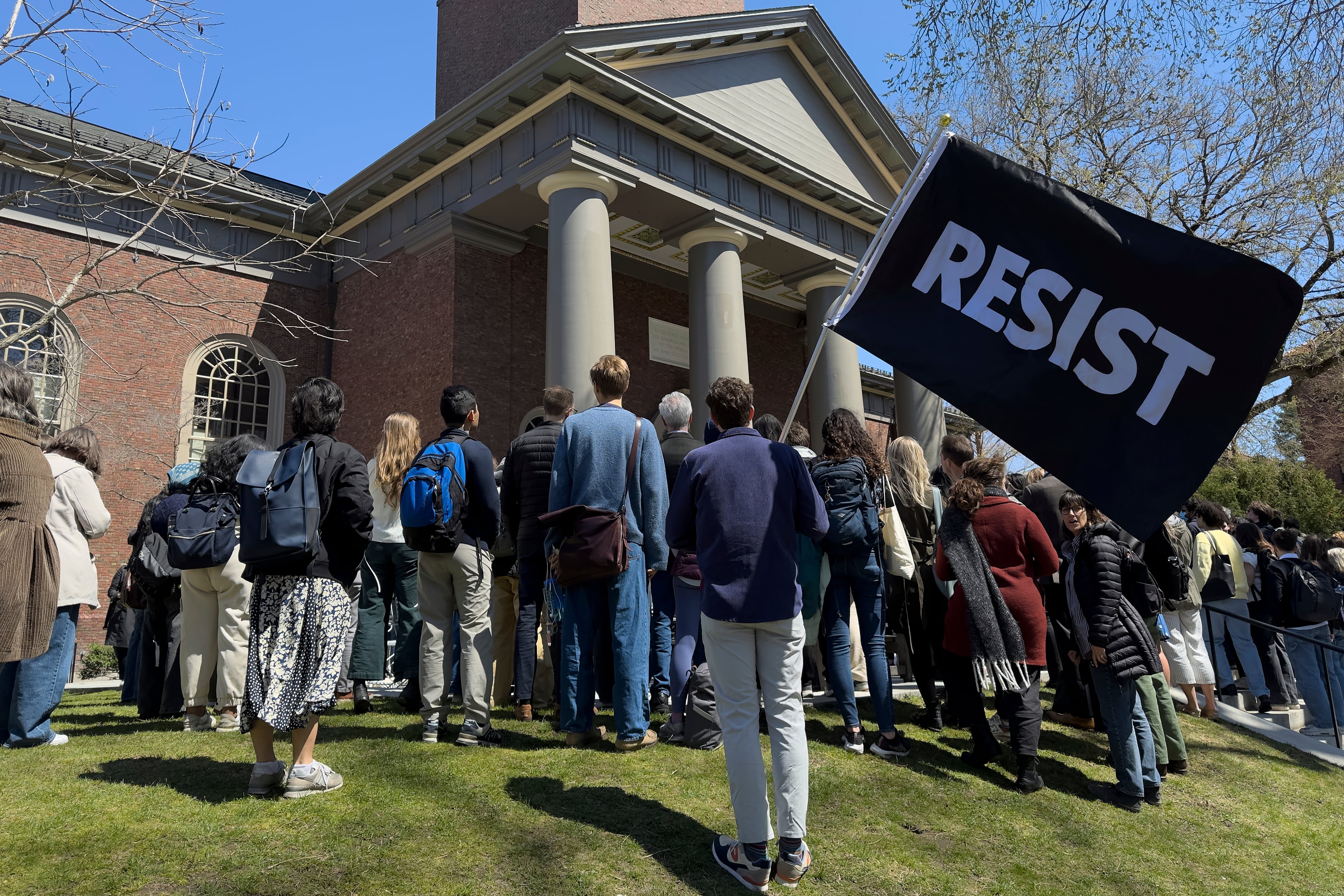An Army warrant officer stationed at Fort Stewart, Georgia, pleaded guilty July 14 to defrauding the government out of “millions of dollars” in COVID-19 relief funds meant for small businesses and student loan forgiveness, the Justice Department said.
CWO2 Dara Buck, also-known-as Dara Butler, 39, initially was charged after investigators said Buck was responsible for illegally submitting more than 150 Paycheck Protection Program loan applications for co-conspirators and her own personal gain.
PPP funds, established by the $2.2 trillion coronavirus relief bill in March 2020, were intended to supply small businesses with forgivable loans to cover payroll costs and other business expenditures amid the coronavirus pandemic.
The loans were intended to save jobs as businesses lost customers during lockdowns, but allegations of fraud also appeared.
RELATED

The DoJ has since charged more than 500 people with improperly claiming funds, according to the New York Times.
In Buck’s case, the Army warrant officer faces up to five years in federal prison and a $250,000 fine, in addition to possible restitution and three years of supervised release. Her sentencing hearing will be held after the completion of a final pre-sentencing investigation to be conducted by the U.S. Probation Office, according to the DoJ.
Buck admitted to spearheading the fraud scheme from August 2017 through May 2021, falsely representing small businesses, according to her information and plea agreement.
In order to receive relief funds, Buck would claim that each respective business had grossed approximately $100,000 in income in 2019, with monthly payrolls of $8,333.30. This amount meant that loans paid out for each successful PPP application would equal $20,833, the maximum amount available for small businesses that employ only one employee.
Co-conspirators would then pay Buck approximately $500 to $1,000 per application, or she would directly receive the fraudulent funds herself.
Additionally, Buck and other co-conspirators, who were not named by the DoJ, would submit fraudulent applications for other small businesses and individuals, for a fee.
Altogether, Buck admitted to submitting more than 150 fraudulent PPP loan applications to the Small Business Administration for herself and others in the conspiracy, resulting in more than $3.5 million in fraudulent disbursements.
Using falsified Veterans Affairs disabilities claims, Buck also charged co-conspirators to help them submit applications that would secure a discharge of federal student loans, largely meant for veterans with a 100% total and permanent disability rating.
On one occasion, Buck helped falsify and file an application to discharge a co-conspirator’s student loans in November 2018, DoJ said. For the application, Buck procured a fraudulent letter from the VA stating that the co-conspirator was a disabled veteran with a 100% service-connected disability, even though the individual was neither a veteran nor disabled. More than $17,000 were discharged as a result of this one claim.
The total loans discharged under this part of the scheme equaled more than $1 million, according to the DoJ.
“This defendant falsified VA disability documents that were, in turn, used to fraudulently discharge federal loans at the taxpayers’ expense for someone who wasn’t even a veteran,” said David Spilker, special agent in charge of the VA Office of Inspector General’s Southeast Field Office.
In addition to the VA OIG, the case against Buck was investigated by the SBA’s Office of Inspector General, the Defense Criminal Investigative Service, the Army’s Criminal Investigation Division and other governmental entities.
Officials from Fort Stewart, Georgia, could not be reached for comment at the time of publication.
Rachel is a Marine Corps veteran and a master's candidate at New York University's Business & Economic Reporting program.




